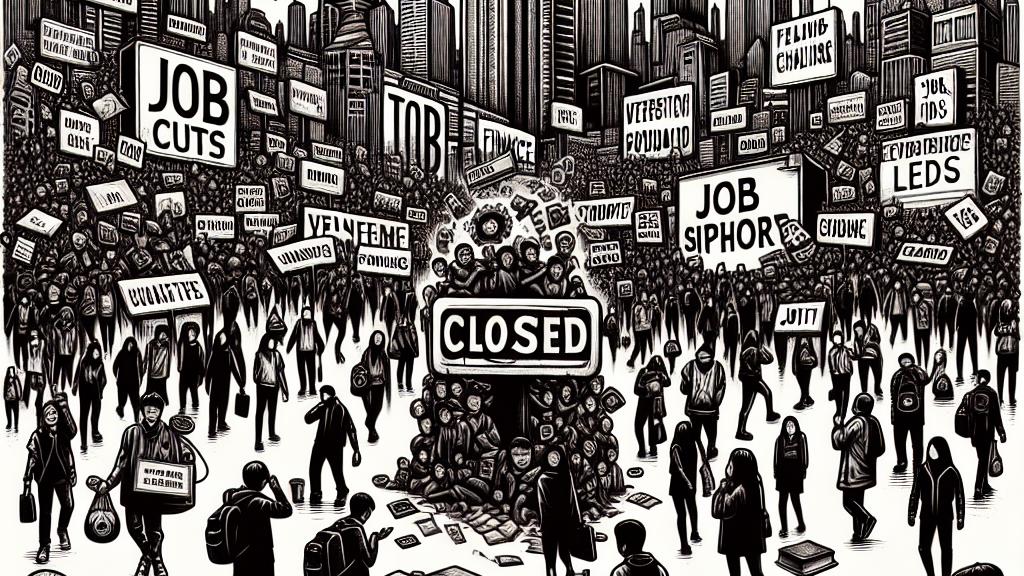Unemployed and Unstoppable: How China's Youth are Shaping a New Career Landscape
Overview
- China's youth unemployment crisis is leaving millions of graduates struggling to find work.
- The rise of freelancing and gig work offers alternative career paths for young people.
- Government initiatives are being implemented to combat job scarcity amid economic instability.

Understanding the Crisis: Youth Unemployment in China
China is currently grappling with a significant youth unemployment crisis that has reached alarming proportions. As of July 2024, urban youth unemployment for those aged 16 to 24 soared to 17.1%, a disturbing increase after peaking at over 21.3% in June 2023. This phenomenon affects millions, especially with 11.79 million university graduates flooding the job market amid widespread layoffs in critical sectors, including finance and technology. The harsh reality has led to the emergence of the term 'rotten-tail kids' to describe educated youth who, faced with limited opportunities, often need to rely on their parents for financial support. The combination of macroeconomic factors, policy changes, and the fallout from the COVID-19 pandemic has created an unprecedented landscape where many educated individuals feel their degrees no longer guarantee job security.
Freelancing: The New Career Frontier for Young Chinese
In the face of a bleak job market, many young Chinese individuals are turning towards freelancing and the gig economy as viable alternatives to traditional employment. Influencers like He Ajun exemplify this shift as they provide career advice and share their experiences navigating long-term unemployment through social media platforms. This trend towards freelancing reflects a deeper cultural shift where entrepreneurship and self-employment are increasingly seen as legitimate career paths. Young people are exploring various avenues, ranging from creative content creation to street vending, revealing a resourcefulness that turns adverse circumstances into opportunities. With an estimated 200 million engaged in gig work, it’s clear that the future of work for many young Chinese will be defined by flexibility, diversity, and the integration of digital skills, marking a significant transformation in career expectations.
Government Responses and Long-Term Implications
Acknowledging the urgency of rising unemployment, the Chinese government has initiated several measures aimed at job creation and support for youth employment. President Xi Jinping has repeatedly called for policies that prioritize job stability, with efforts including the organization of job fairs and encouraging corporate hiring. However, despite these initiatives, substantial economic hurdles persist, particularly in the wake of a declining real estate market and shifting global economic conditions. Experts warn that unless there is a significant overhaul of the educational system—emphasizing vocational training that aligns with market needs—the potential for underemployment among graduates will remain high. This challenging landscape begs the question of how China can leverage its young population's talents and skills to foster innovation and economic growth, ensuring this generation does not become a waste of human capital but rather an engine of future development.

Loading...